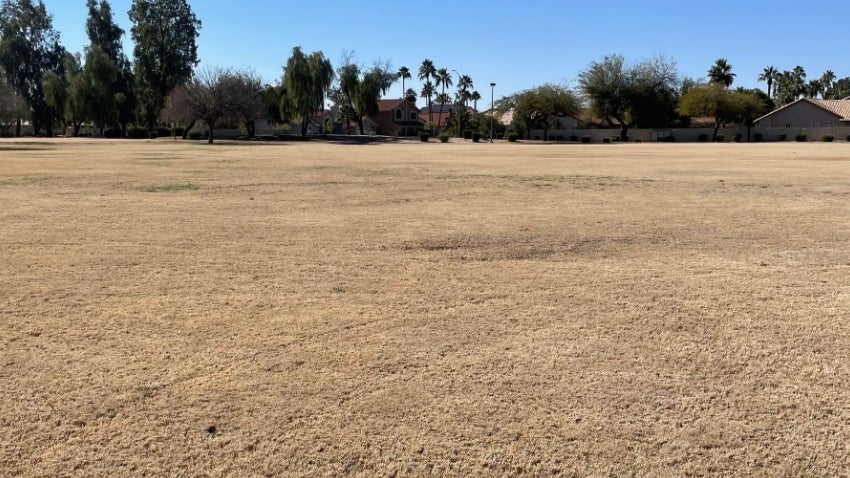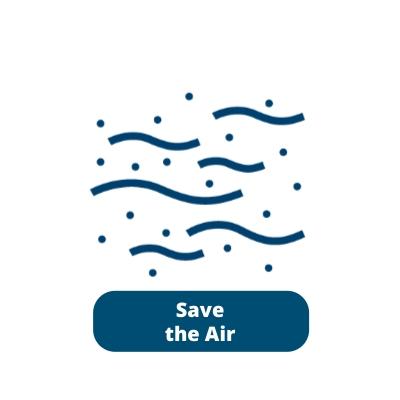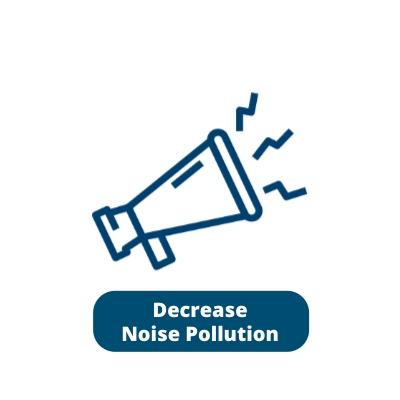
Skip the Seed and give your Bermuda a break. It’s only for a few months.
Skip overseeding and go yellow and save some green. By not overseeding, you can conserve water, save money, and benefit your Bermuda grass.
The City of Chandler isn't requiring a reduction in overseeding but is asking residents, businesses, and HOAs to consider limiting or forgoing overseeding non-essential turf areas this fall.
Benefits of going yellow:
- Save as much as 12,000 gallons of water this winter and lower your monthly bill.
- Avoid the expense of grass seed, fertilizer, labor, and maintenance costs.
- Save time on installation and maintenance.
- Reduce landfill waste by avoiding rye grass mowing.
- Reduce air pollution by not using equipment that contributes to air pollution.
- Avoid stormwater contamination from fertilizer and pesticide runoff.
Learn more about Chandler’s water conservation rebates and resources for businesses and HOAs.
- While Bermuda grass typically goes dormant in the cold months, extending the length of its growing season and lush green appearance well into winter is possible. The University of Arizona turf specialists recommend multiple applications of iron (2-4 oz of actual iron per 1000 square feet).
- Apply the first application around October 1, the next 10 days later, and follow up again after an additional 10 days.
- Do not apply nitrogen fertilizers.
- Even dormant Bermuda needs a ½ inch of water per month during the winter; however you may get that from rainfall. A rain gauge will help you determine if you need to water after a rain event.
Check out the watering guide Landscape Watering by the Numbers for tips on how to water efficiently and check-out our free water-wise workshops, rebates, resources for residents and more water conservation tips.

Overseeding Bermuda grass lawns with winter rye will provide a green lawn through the winter months.
If you are going to overseed:
- Will the grass area be used? Consider only overseeding areas that are used in the winter.
- Is the lawn on a slope? Sloped areas are difficult to irrigate because of runoff. Divide a single watering cycle into shorter cycles with 30-minute intervals to allow the water to soak into the soil.
- Is the lawn in a narrow strip? Efficiently watering strips of grass that are less than eight feet wide can be a challenge, particularly with overspray. Consider removing grass that’s difficult to irrigate efficiently.
If you’re planning on overseeding, make sure to properly plant your winter grass and select areas that will be used in the winter. Find more information on overseeding from the University of Arizona Cooperative Extension.
Steps to a Water Efficient Winter Lawn
| Wait | Wait to overseed until nighttime temperatures are below 55℉. |
| Stop Fertilization | Do not fertilize 4-6 weeks before overseeding. |
| Cut Watering Frequency | Two weeks prior to overseeding, cut the watering frequency in half but do not shut the water off. |
| Smart Controller Settings | Change the smart controller setting to manual for the grass station. |
| Prepare the Soil | Verticut the lawn to allow the seed to contact the soil, only allowing blades to cut 1/4 inch into the soil. |
| Scalp | Mow the lawn close to the ground, keeping clippings as a top dressing once seed is spread. |
| Broadcast Seed | Broadcast seed in two directions for even coverage. |
| Dress Soil | Cover seed with ¼ inch of mulch, lawn clippings or steer manure to retain moisture. |
| Resources | For the Love of Green Grass. |
Information from University of Arizona Karsten Turfgrass Research Center.
10 Reasons to Skip Winter Overseeding













